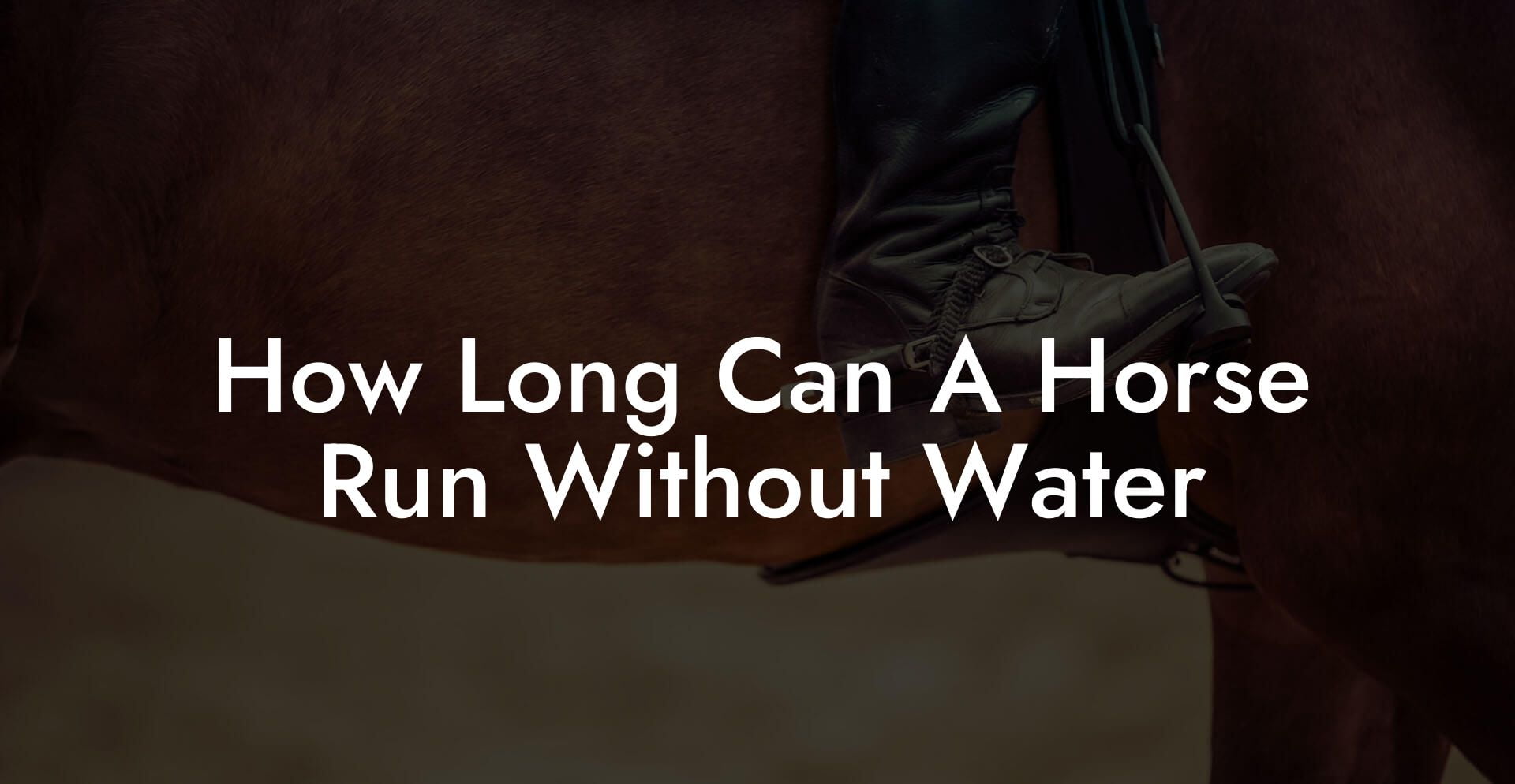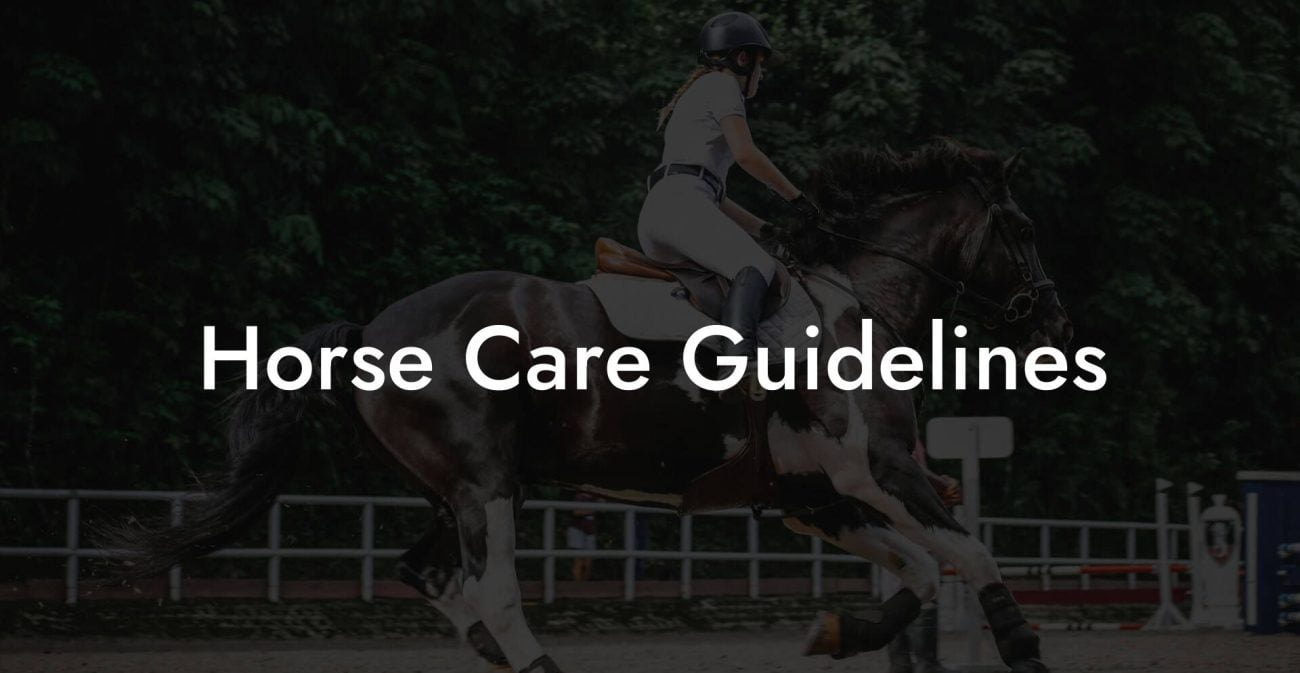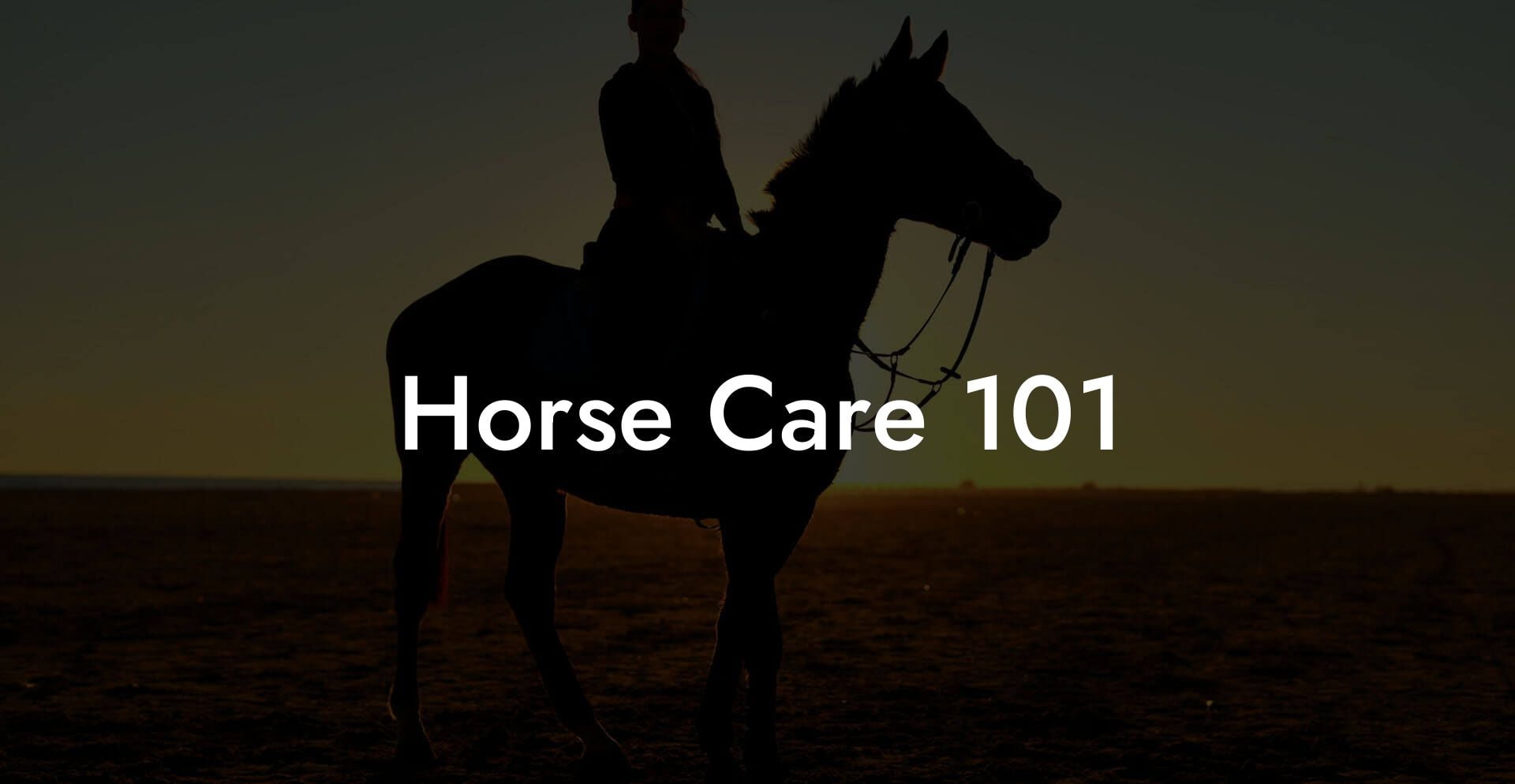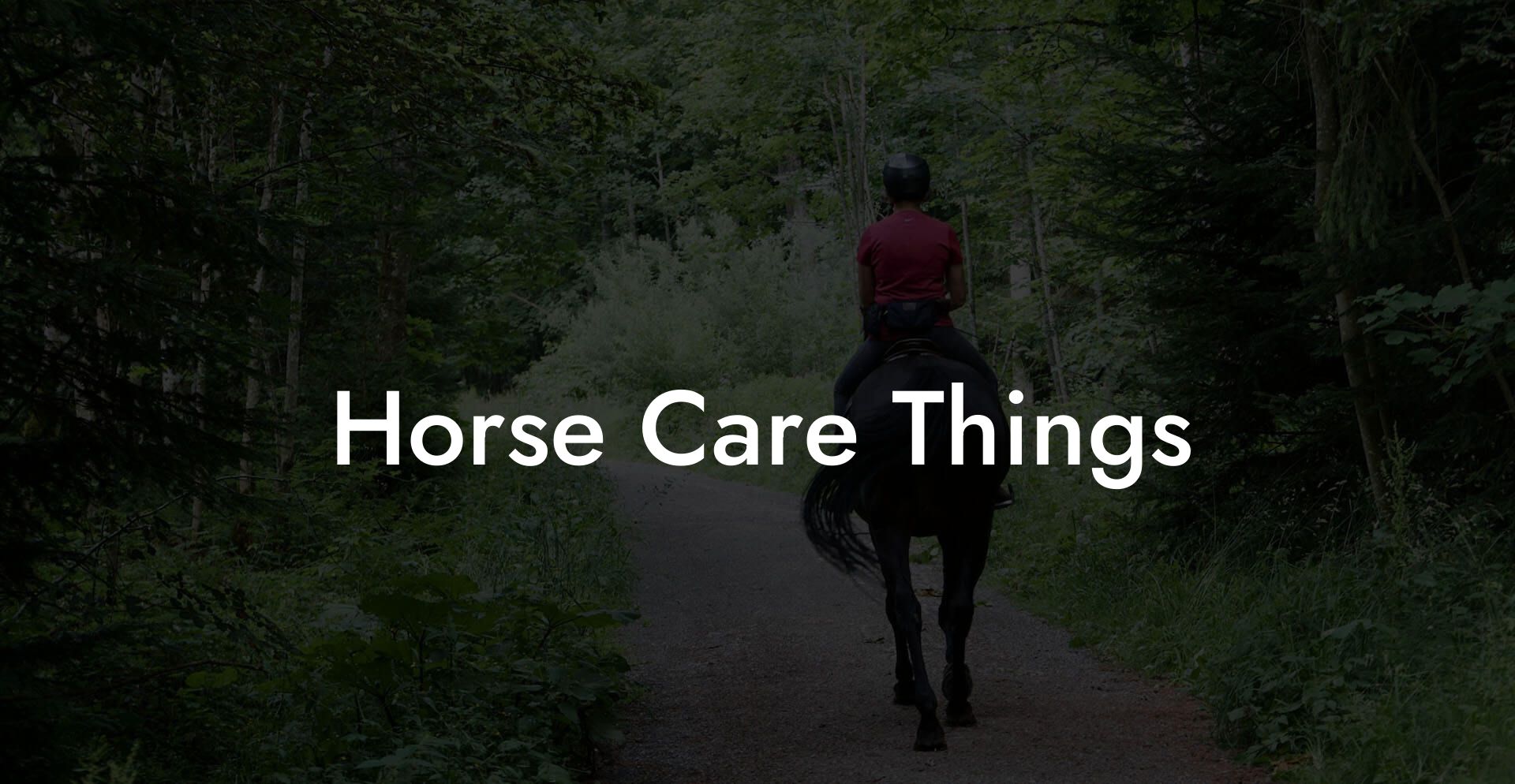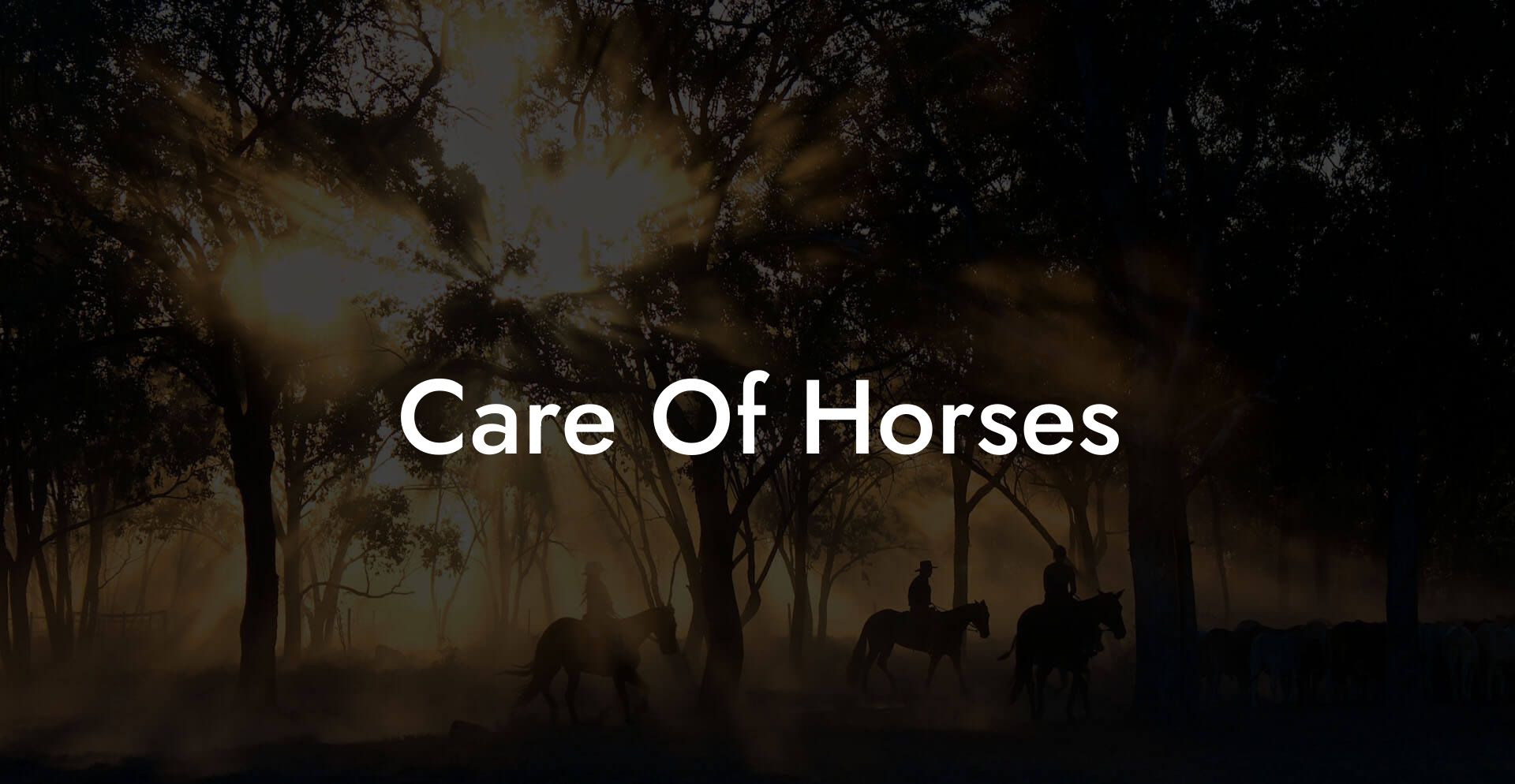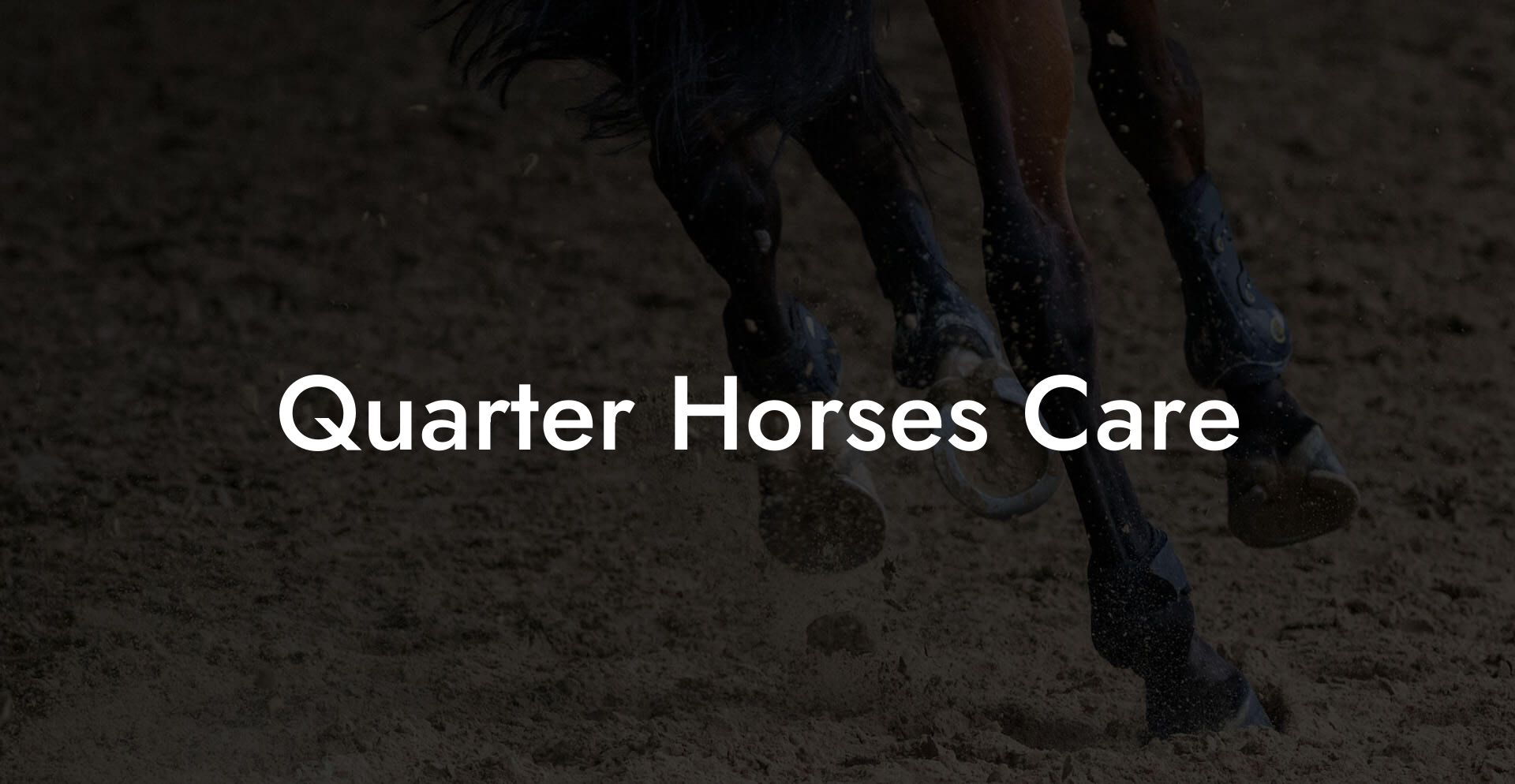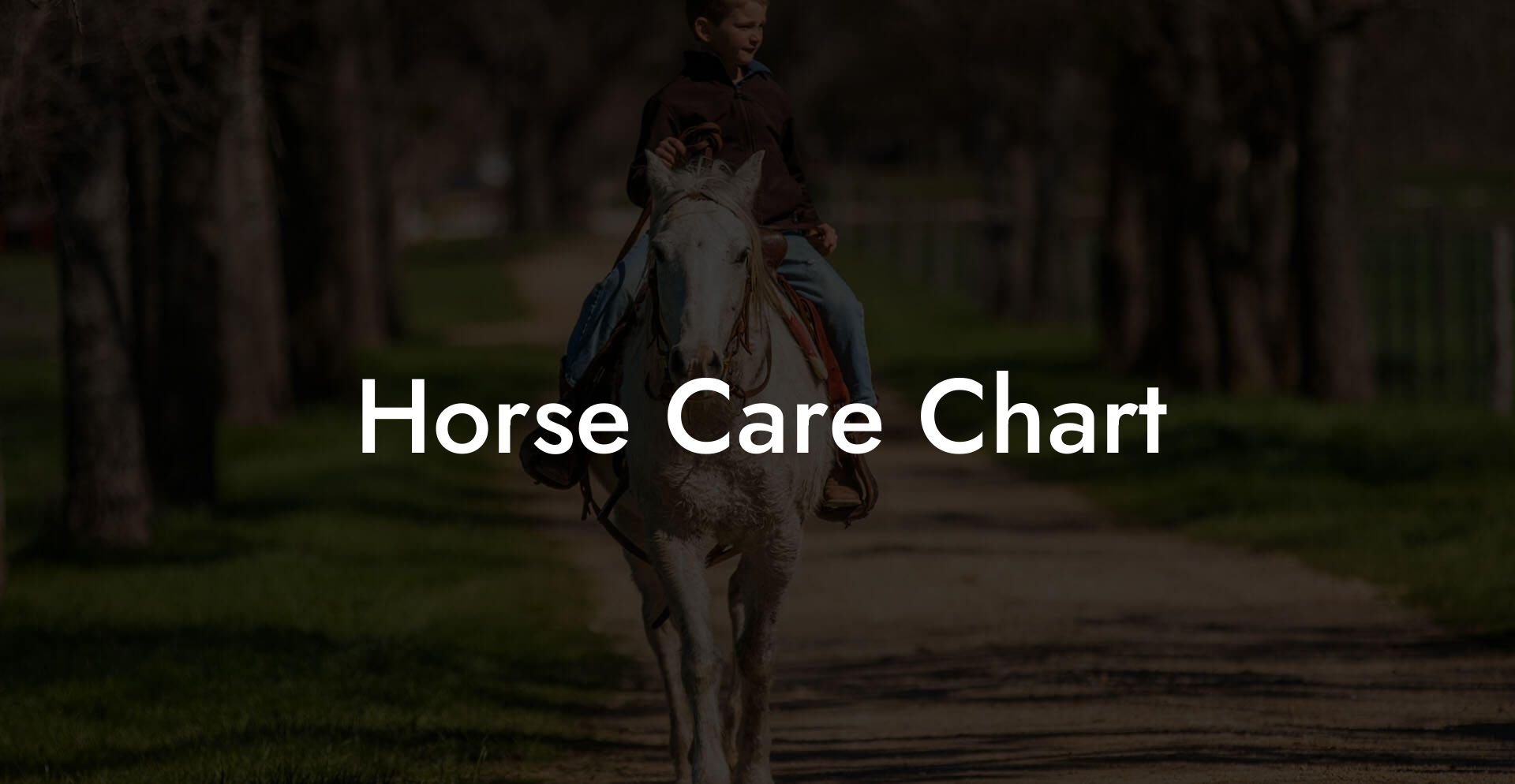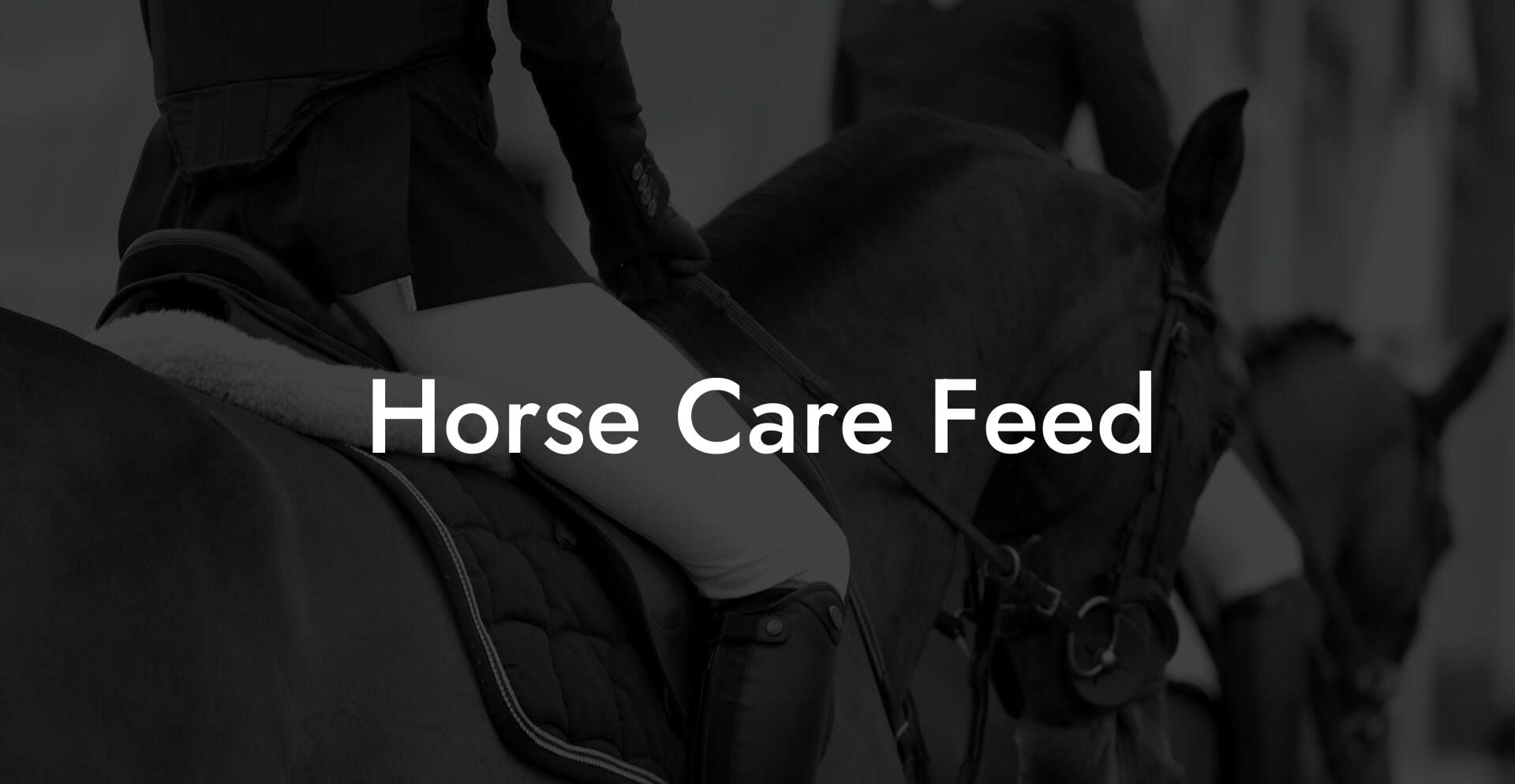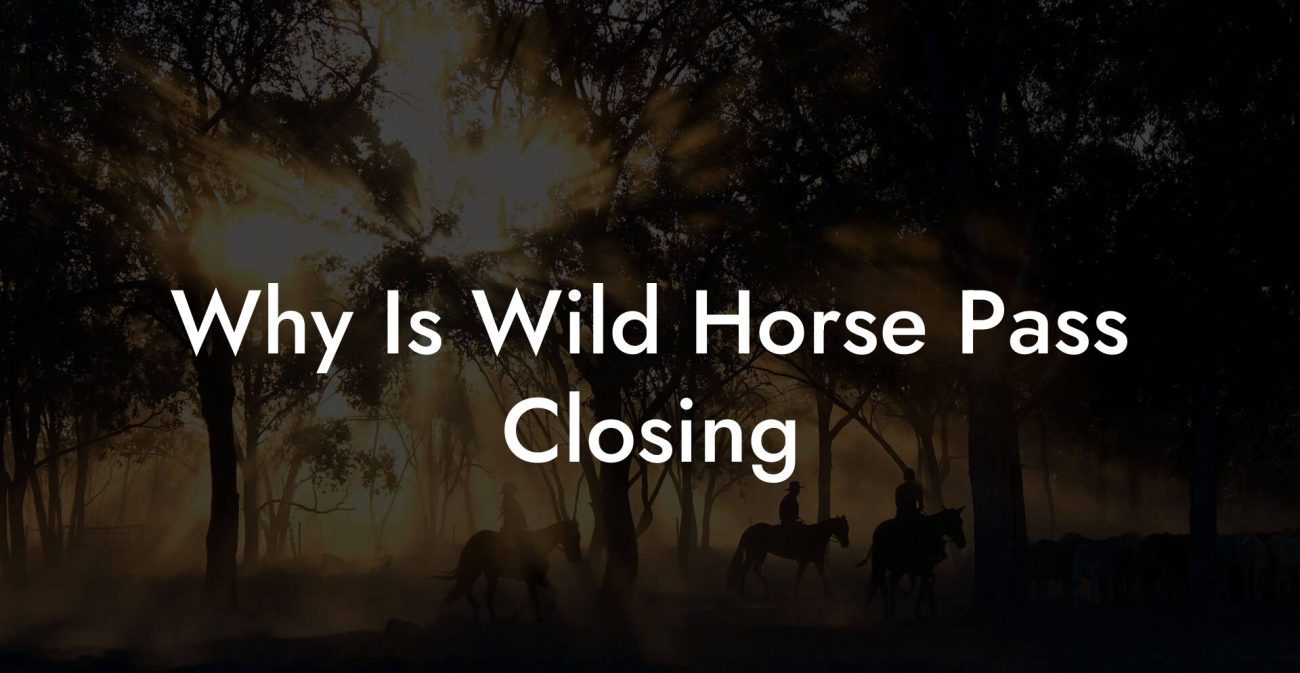Ever wondered how your majestic equine companion can push through a day of adventure, seemingly defying the limits of dehydration? Picture this: your horse galloping through fields, wind in its mane, seemingly “living on the edge” without so much as a gulp of water in sight. Before you break out the emergency water bottle, let’s dive into the science, lore, and downright quirky facts about how long a horse can run without water, and what every modern, caring horse owner needs to know to keep these four-legged friends happy, healthy, and hydrated.
Quick Links to Useful Sections
- Understanding the Equine Marvel: Why Water is the Ultimate Throttle
- How Long Can a Horse Run Without Water? Breaking Down the Science and Lore
- The Impact of Endurance on Equine Hydration Levels
- Recognizing the Red Flags: Signs Your Horse May Be Dehydrated
- Hydration Strategies: Keeping Your Equine Energizer Fully Replenished
- Regular, Scheduled Water Breaks
- Incorporating Electrolytes and Hydration Supplements
- Ensuring Clean, Accessible Water
- Monitoring and Adjusting Intake Based on Conditions
- Using Technology to Stay Ahead
- Factors Influencing How Long a Horse Can Really Hold Out Without Water
- The Role of nutrition in Equine Hydration
- Case Studies: Real-Life Equine Hydration Success Stories
- Developing a Customized Hydration Plan for Your Horse
- Step 1: Assess Your Horse’s Baseline
- Step 2: Factor in Activity and Environment
- Step 3: Embrace Modern Hydration Tools
- Step 4: Incorporate Nutritional Synergy
- Step 5: Monitor, Evaluate, and Tweak
- Resources and Community Support: Your Next Steps
- Frequently Asked Questions About Equine Hydration
- Your Equine Hydration Journey: Ride Smart, Stay Hydrated
- Designing a Proactive Equine Health & Hydration Plan
Understanding the Equine Marvel: Why Water is the Ultimate Throttle
Horses are undeniably epic athletes. Their bodies are engineered for speed, endurance, and raw power that seems almost mythical. But as impressive as these powerhouses are, horses are also incredibly sensitive to dehydration. Water is not just a refreshment for them, it’s essential for regulating their core body temperature, lubricating joints, and powering the complex digestive systems that crunch endless hay and grain. In simple terms, water is the oil that keeps the equine engine running.
From a physiological perspective, horses have a sophisticated system designed to optimize hydration. Their large blood volumes, specialized kidneys, and highly efficient sweat glands help them lose and then recover fluids swiftly following bouts of strenuous activity. However, even these remarkable adaptations have limits. While a horse might be capable of enduring a certain period without water, prolonged deprivation can lead to myriad health issues, from muscle cramps and colic to severe dehydration and, in extreme cases, organ failure.
Understanding the nuances of equine hydration is crucial, not only for competitive racing, but for every spirited trot across your favorite trail. Whether you’re navigating jump courses or simply taking a leisurely ride, knowing your horse’s water needs will help you tailor a care strategy that keeps your buddy trotting with vigor.
How Long Can a Horse Run Without Water? Breaking Down the Science and Lore
So, let’s tackle the age-old question: How long can a horse run without water? The answer isn’t as black and white as you might hope. In controlled conditions, a healthy horse may technically push through a couple of hours of strenuous activity without taking in water. However, practical realities paint a different picture.
Horses can typically start to experience the effects of mild dehydration after about 60 to 90 minutes of continuous, high-intensity work. Even though their physiology allows for astonishing feats, dehydration can creep up stealthily, compromising athletic performance and overall health. Think of it as running your smartphone’s battery down to 1%, suddenly, everything starts slowing down and glitching.
Various factors influence this timeframe, including the ambient temperature, humidity, the intensity of the workout, the horse’s pre-existing hydration level, and even its breed. Thoroughbreds, for instance, might push harder and dehydrate faster than their sturdier, slower-paced counterparts. In hot climates or during summer months, even a short, spirited run could necessitate an immediate water break.
And while there is plenty of lore and legend around horses “toughing it out” for hours, most modern equine studies and racing guidelines emphasize the importance of regular hydration breaks. So, if you’re ever tempted to “push through” without a hydration stop, remember: even the strongest engines need proper fuel.
The Impact of Endurance on Equine Hydration Levels
Let’s break it down: When horses run, their bodies are engaged in an all-out effort that ramps up their metabolism, heart rate, and, crucially, their sweat production. Sweating is the primary way horses shed excess heat, but it comes at a price, water loss.
As a horse gallops across open pastures, it can lose up to 10-15 quarts (or more!) of water per hour in extreme conditions. In cooler weather or during moderate exercise, the loss might be noticeably less, but the principle remains the same. Speeding up with vigor means you risk rapid dehydration if you neglect water intake.
The high metabolic rate required for intense exercise creates an urgent demand for hydration to maintain blood circulation and muscle function. Even a slight imbalance can lead to early signs of fatigue, muscle twitching, and unfortunately, reduced performance. For the modern horse enthusiast, monitoring these signs isn’t just advisable, it’s downright essential.
Equine athletes often rely on pre- and post-exercise hydration strategies. This typically involves providing water before an event to ensure optimal cellular function and then replenishing lost fluids shortly after a race or strenuous ride. Ultimately, understanding the direct impact of endurance on your horse’s hydration can help you craft a more efficient, science-backed care regimen.
Recognizing the Red Flags: Signs Your Horse May Be Dehydrated
It’s one thing to know the numbers and theories, but knowing what dehydration looks like in your horse can be a game changer. Just as humans experience headache, dizziness, or a general sense of “meh” when dehydrated, horses show symptoms that can be recognized by even the most casually observant owner.
Look out for these key warning signs:
- Dry Mucous Membranes: A quick check of your horse’s gums should reveal moist, tacky tissue. If they seem dry or sticky, consider it a red flag.
- Dull Coat and Skin Elasticity: Well-hydrated horses sport a shiny coat and supple skin. A lackluster appearance may signal dehydration.
- Excessive Fatigue: If your horse appears unusually tired, stumbles, or lags behind during a run, dehydration might be the culprit.
- Elevated Heart Rate: An abnormally high pulse rate during or after exercise can indicate that your horse’s body is struggling to maintain fluid balance.
- Colic Symptoms: Dehydration can sometimes lead to digestive issues such as colic. Watch for signs of discomfort or unusual behavior after meals or intense activity.
The earlier you spot these symptoms, the quicker you can correct the situation. Even slight dehydration, if left unchecked, can develop into a critical condition requiring veterinary attention.
Hydration Strategies: Keeping Your Equine Energizer Fully Replenished
Now that we’ve delved into the science behind equine hydration and the risks of dehydration, let’s talk solutions. Every caring horse owner will revel in these practical, effective strategies to ensure that their prized friend never runs dry, literally.
Regular, Scheduled Water Breaks
Even if your horse seems fine, never assume that skipping a water break is a good idea. Just as you wouldn’t run a marathon on an empty tank, your horse needs scheduled hydration stops, especially after bouts of strenuous exercise. Aim to offer water every 30-60 minutes during intense workouts.
Incorporating Electrolytes and Hydration Supplements
On particularly hot days or during long rides, plain water might not be enough. Consider integrating electrolyte supplements into your horse’s water to help replace vital salts lost through sweat. These supplements can be a game changer, maintaining the optimal balance of minerals and preventing cramping.
Ensuring Clean, Accessible Water
It might sound basic, but regularly cleaning water troughs, buckets, and portable water containers is crucial. Horses are known for their discerning taste, if the water looks off, it might go untouched. Fresh, clean water is more likely to be consumed in sufficient quantities.
Monitoring and Adjusting Intake Based on Conditions
Just as weather forecasts impact your plans, they should also dictate your hydration strategy. In blistering heat or during vigorous exercise, anticipate an increased need for water. Conversely, on cooler days, your horse might need a slightly reduced amount. Always be ready to adjust and provide supplementary water as conditions dictate.
Using Technology to Stay Ahead
Believe it or not, modern technology has galloped into the world of equine care as well. From smart water troughs that monitor consumption to wearable trackers that gauge heart rate and hydration levels, these handy tools can give you real-time insights into your horse's well-being. Embracing these innovations could not only extend your horse’s peak performance but also offer peace of mind during long workouts and treks.
Factors Influencing How Long a Horse Can Really Hold Out Without Water
The answer to our titular query, “How long can a horse run without water?”, is not set in stone. Several factors come into play, each contributing to a delicate balance between endurance and hydration. Consider the following:
- Atmospheric Temperature and Humidity: On a sweltering summer day, your horse is going to sweat buckets. High humidity adds another layer of complexity, further taxing the body’s cooling mechanism.
- Intensity and Duration of Activity: A gentle trot in the morning isn’t the same as a full-on gallop in the afternoon sun. The intensity of the exercise directly correlates with fluid loss.
- Pre-Existing Hydration Levels: Just like your morning coffee before a marathon workday, a well-hydrated horse enters any activity with a significant advantage over one that’s already running low on fluids.
- Individual Physiological Differences: Genetics, age, overall health, and even breed differences mean that some horses naturally cope better with dehydration than others. While racehorses might be built for speed, they also often have higher metabolic demands that require a more aggressive hydration regimen.
- Environmental Stressors: Dust, wind, and other environmental factors can increase water loss, subtly turning a routine ride into a hydration challenge.
Ultimately, while some horses have been known to “tough it out” for impressive periods without water, such feats are more the exception than the rule. In the vast majority of cases, proactive hydration is key to safeguarding your horse’s health.
The Role of nutrition in Equine Hydration
Water isn’t the only player in this hydration game, a nutritious diet goes hand in hand with fluid intake when it comes to equine care. Think of nutrition as the supporting cast that works tirelessly behind the scenes to maintain balance, repair tissues, and bolster overall health.
For example, horses grazing on high-quality hay and pasture benefit from natural moisture content, which supplements their overall water intake. Additionally, incorporating water-rich fruits and vegetables into your horse’s diet, such as apples and carrots, can provide extra hydration in a tasty way.
Protein quality, balanced minerals, and electrolytes all contribute to how effectively a horse’s body retains and utilizes water. When your horse’s diet is well-rounded, it helps prevent the quick onset of dehydration, even during intense exercise sessions.
So, while you’re busy ensuring your horse has constant access to clean water, don’t forget that a thoughtful dietary strategy is just as crucial. In the grand balancing act of hydration, nutrition and water are inseparable partners.
Case Studies: Real-Life Equine Hydration Success Stories
Theory meets practice when we examine real-life scenarios. Meet Bella, a spirited Quarter Horse who once participated in a series of endurance rides across the desert. Initially, Bella’s owner observed that after about an hour of riding, Bella’s energy would noticeably dip, a sign that her hydration regimen was off.
Working with a trusted equine nutritionist and veterinarian, her owner revamped her hydration strategy. They began integrating electrolyte-infused water breaks every 30 minutes, supplemented her diet with water-rich feed, and even implemented a portable smart water trough during long rides. The results were remarkable, Bella’s stamina improved, her coat regained its shine, and she seemed downright happier on every ride.
In another case, a seasoned racehorse named Duke was struggling with recurrent fatigue during training sessions. His handlers, initially confident in his natural endurance, began noticing subtle signs of dehydration. Through careful monitoring and the introduction of regular hydration checks using advanced wearable technology, Duke’s training schedule was adjusted. With consistent water breaks and a diet tweaked for enhanced electrolyte balance, Duke’s performance soared, leading to several impressive victories on the track.
These case studies confirm one simple truth: a proactive approach to equine hydration isn’t optional, it’s essential. By taking a scientifically grounded yet flexible and creative approach, you can extend your horse’s ability to perform, shine, and enjoy healthy, active lives.
Developing a Customized Hydration Plan for Your Horse
No two horses are exactly alike, so crafting a hydration plan should be as personalized as picking out the perfect riding boots. Here’s how to build a plan that suits your horse’s lifestyle and activity level:
Step 1: Assess Your Horse’s Baseline
Begin with a comprehensive evaluation, take note of your horse’s typical water consumption, behavior, and physical condition. Work with your veterinarian to carry out routine health checks that specifically focus on hydration indicators.
Step 2: Factor in Activity and Environment
Adjust the plan based on the type of activity your horse is engaged in. For high-performance disciplines like racing or endurance riding, frequent water breaks and electrolyte supplements are non-negotiable. Similarly, environmental factors such as high heat or dusty conditions call for an even more vigilant hydration schedule.
Step 3: Embrace Modern Hydration Tools
Utilize technology to your advantage. From smart monitoring troughs to wearable trackers, these tools can help you gauge your horse’s real-time hydration status, alerting you when it’s time for a water break.
Step 4: Incorporate Nutritional Synergy
Work hand-in-hoof with an equine nutritionist to design a balanced diet that naturally supports hydration. This includes integrating water-rich feeds and supplements that counteract the loss of vital minerals during exercise.
Step 5: Monitor, Evaluate, and Tweak
Keep a log of your horse’s water intake, behavior, and performance. Regularly review this data with your care team to fine-tune the plan as your horse’s needs evolve over time.
A tailor-made hydration plan is not a one-time fix, it’s a dynamic process that grows with your horse. Embrace flexibility and continuous improvement to ensure your equine friend remains at peak performance.
Resources and Community Support: Your Next Steps
Navigating the nuances of equine hydration can feel overwhelming at times, but remember: you’re not riding this trail alone. Whether you’re a Gen-Z equine enthusiast or a millennial with a love for modern, balanced horse care, there’s a vibrant community of experts, veterinarians, and fellow owners ready to share insights, experiences, and cutting-edge practices.
Start by subscribing to reputable equine health blogs and online forums, joining local riding clubs, or even taking part in webinars that focus on hydration strategies for performance horses. Many industry-leading equine nutritionists and veterinarians are eager to share their research and practical advice through online video series and interactive workshops.
Additionally, social media platforms like Instagram, TikTok, and Twitter are buzzing with fast, fun tips and real-life success stories from fellow horse enthusiasts. Follow hashtags like #EquineHydration, #HorseHealth, and #RideSmart to stay updated on the latest trends and breakthroughs.
Finally, consider setting up a consultation with your local veterinarian or equine nutritionist to run through a personalized assessment of your horse’s hydration needs. This proactive approach not only enhances your horse’s performance but also builds a strong, informed community of like-minded caretakers eager to embrace the future of holistic horse care.
Frequently Asked Questions About Equine Hydration
Below are some of the most commonly asked questions about how long a horse can run without water, the science of equine hydration, and practical care tips for ensuring your horse stays in peak condition.
1. How long can a healthy horse really run without water?
While a healthy horse might manage up to 60-90 minutes of high-intensity exercise without water, this can vary significantly based on environmental conditions, individual physiology, and the type of activity. Regular water breaks are strongly recommended.
2. What are the key signs of dehydration in horses?
Common signs include dry gums, a dull coat, excessive fatigue, elevated heart rate, and sometimes even digestive discomfort or colic symptoms. Early detection is crucial for prompt intervention.
3. Can electrolyte supplements really help during long rides?
Absolutely. Electrolytes help replenish vital minerals that are lost during heavy sweating, ensuring that your horse maintains a healthy balance and reducing the risk of muscle cramps and fatigue.
4. Are there any innovative tools available for monitoring equine hydration?
Yes, modern technology such as smart water troughs and wearable hydration trackers can provide real-time data on your horse’s water intake and overall hydration status.
5. How does nutrition play into maintaining proper hydration?
A balanced diet that includes water-rich feeds and appropriate supplements not only supports hydration but also contributes to your horse’s overall health, ensuring efficient absorption of fluids and nutrients.
6. What should I do if I suspect my horse is severely dehydrated?
If you notice serious symptoms such as rapid heartbeat, extreme lethargy, or colic, contact your veterinarian immediately. Prompt professional care is essential in severe cases of dehydration.
7. How frequently should water breaks be scheduled during training or competitions?
It is ideal to offer water every 30-60 minutes during intense or prolonged exercise sessions, although this can be adjusted based on weather conditions and your horse’s needs.
8. Can horses self-regulate their water intake efficiently?
Although horses generally drink according to their needs, during stressful or high-intensity situations monitoring and encouraging water intake is key to preventing dehydration.
Your Equine Hydration Journey: Ride Smart, Stay Hydrated
Caring for a horse is a blend of passion, dedication, and a dash of modern science. By understanding the science behind how long a horse can run without water, recognizing the vital signs of dehydration, and implementing proactive hydration strategies, you’re setting the stage for a long, healthy, and vibrant life for your equine friend.
Every gallop, every canter, and every playful trot is interwoven with the silent, life-sustaining rhythm of water. As you embark on this hydration journey together, remember that it’s not about pushing limits, it’s about respecting and nurturing the natural, dynamic balance that powers your horse’s remarkable spirit.
So, the next time you head out for a ride, take a moment to check that water trough, pack those hydration supplements, and harness the power of modern equine care. Your horse’s well-being, and your peace of mind, depend on it.
Embrace the ride, care for your companion, and remember: a well-hydrated horse is a happy, high-performing horse. Let’s raise our water buckets to a future of smarter, science-backed, and downright fun equine care!
Designing a Proactive Equine Health & Hydration Plan
Much like crafting the perfect playlist, building a hydration and health strategy for your horse requires a mix of art and science. Start by regularly monitoring your horse’s water intake habits and supplementing this with careful dietary choices that include plenty of water-rich feed. Factor in your horse’s individual exercise regimen, environmental conditions, and even its natural temperament when planning water breaks and electrolyte dosing.
Consult with equine nutrition experts and veterinarians who specialize in performance horse care to ensure that every step of your plan is both personalized and evidence-based. Use these interactions to stay updated on the latest insights and tech innovations designed to help maintain optimal hydration.
With the right plan in place, you’ll not only enhance your horse’s physical stamina, but you’ll also ensure that every ride, whether a casual trot or an all-out sprint, is matched with the perfect hydration strategy. This commitment to proactive care is where passion meets performance, and where your horse truly becomes the superstar it’s meant to be.

